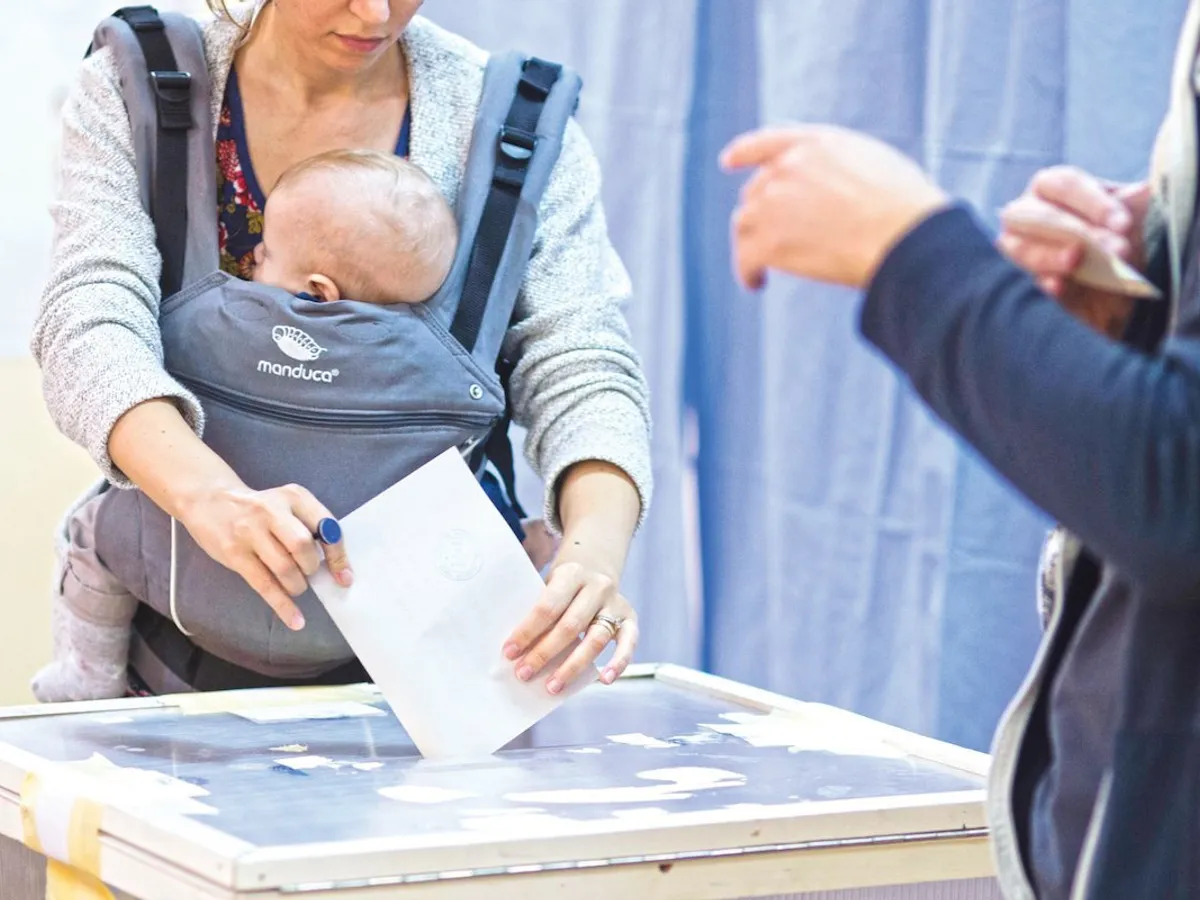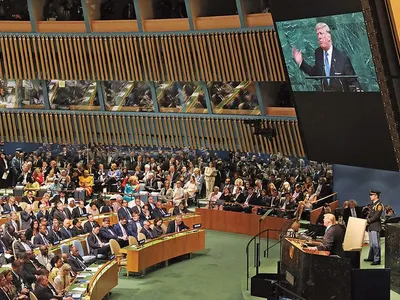Referendum for the Family, The Chronicle of a Surprise Failure

Despite support announced by PSD, PNL and other political parties, together with the Orthodox, Catholic and Neo-Protestant Churches, only 20.41% of the voting population took part in the referendum to limit the constitutional definition of marriage.
The threshold for the referendum to be binding was 30%. In the first hours after the disaster, the SDP leaders vanished from the public space. Only Codrin Ștefănescu was sent to declare that the voters’ presence was “huge” and that the failure is that of “Romania’s and Romanians’”, not SDP’s failure.
The Save Romania Union, the only political party to boycott the referendum, considered the result to be “a vote of no confidence in Liviu Dragnea and Călin Popescu Tăriceanu, the ones that thought they can manipulate Romanians by fear and lies”.
Dragnea Is Trying, But Not Making It
The SDP government did everything in its power for the referendum to succeed: it issued an emergency ordinance to allow two days of voting rather than one and abrogated several anti-fraud provisions. For example, the multiple voting prevention electronic system was not used, on grounds of not enough time for implementing it.
The turnout was lowered by a ruling of the Permanent Electoral Authority that eliminated from the total voters’ number, of about 18.9 million, people with foreign declared domicile, meaning about 200,000 citizens.
However, the turnout in counties controlled by the SDP barons was extremely low, below the one in the Bihor County, where the Neo-Protestant community rallied. The interesting fact is that Gabriela Firea, the Mayor of Bucharest in conflict with Dragnea, did not take part in voters’ mobilizing actions.
Her voting was discrete, without letting the press know and posting anything of Facebook that would have constituted a clear message to encourage the vote. Only 15% of people in Bucharest voted. Moreover, in the 3 Sector run by Robert Negoiță, he too a contestant of Dragnea’s, the turnout was extremely low, less that 13%.
The Liberal and Democratic Alliance Party, although it officially announced its support for the traditional family, also had a discrete presence during the voting days. Călin Popescu Tăriceanu did not let the press know when and where he would vote.
Left with Their Hands Out
An unusual incident took place at the Jean Monet High school polling station, where Primăverii neighborhood resident politicians vote. Two members of the polling station, from NLP and Save Romania Union, refused to shake the hands of Liviu Dragnea and Traian Băsescu. “Those seven years of home education”, said the SDP leader that came alone, without his girlfriend Irina Tănase. “There was a gentleman reading a book, which shows that the polling committee is also politicized, he was probably an avid SDP supporter. It did not bother me. You cannot be bothered by stupidity. You can only have compassion for it”, was Traian Băsescu’s reaction.
The NLP, More Divided Than Ever
The NLP leader, Ludovic Orban, was a strong supporter of the referendum, but some of his colleagues thought different. Immediately after the failure of the public consultation, there were a series of attacks against Orban. Adriana Săftoiu, Alina Gorghiu, Mihai Voicu, Iulia Scântei, Mara Calista and Cătălin Predoiu posted on Sunday evening on Facebook a shared message against the NLP leadership, saying that it divides and promotes a retrograde policy.
“The NLP leadership involved the party in a new adventure and a new political failure that separated us from 70% of the Liberal voters. The NLP leadership does not unite but divides. It does not support development but proposes a retrograde policy. #enough", is the message posted by some of the NLP leaders on their private Facebook pages. On the party’s internal group, Mihai Voicu requested the resignation of Robert Sighartău, the general secretary of the party.
But, in 2016, it was Alina Gorghiu who signed a protocol supporting the Coalition for Family.
Iohannis and His Church, Against It
The state chief voted but did it so that it showed he is against the public consultation. He went to the polling station late on Sunday evening, without his wife and refusing to make any press statements. The Evangelical Church he belongs was against the referendum.
“We cannot support a referendum initiated by a dictatorial and distructive rulling that defies all democratic and basic human dignity values”, said representatives of the Evangelical Chrch.
The Plebiscites, Growing Uninteresting
- At the 2003 referendum to amend the Constitution, 9.9 million citizens voted, which was over 54%. The Năstase government stretched the vote on two days and heavily made use of the mobile ballot box.
- In May of 2007, at the referendum to dismiss President Traian Băsescu, the turnout was 8.1 million voters, which is 44.5%. The referendum was considered not binding.
- In November of 2007, at the referendum for the introduction of the uninominal vote, initiated by President Traian Băsescu and organized concomitant with the elections for the European Parliament, the turnout was only 4.85 million voters, which was a little over 26%. Again, the referendum was considered not binding.
- In 2009, a little over 50% of all voters (9.32 million) voted on the consultative referendum to introduce the unicameral Parliament with 300 deputies. The referendum was considered binding but the measure was not implemented to this day.
- In 2012, the new referendum to dismiss President is invalidated amongst many controversies. The turnout was 46.24%, though the Social Liberal Union contested it. After this final public consultation, in effect came the law according to which the national referendums require a turnout of only 30%.

















